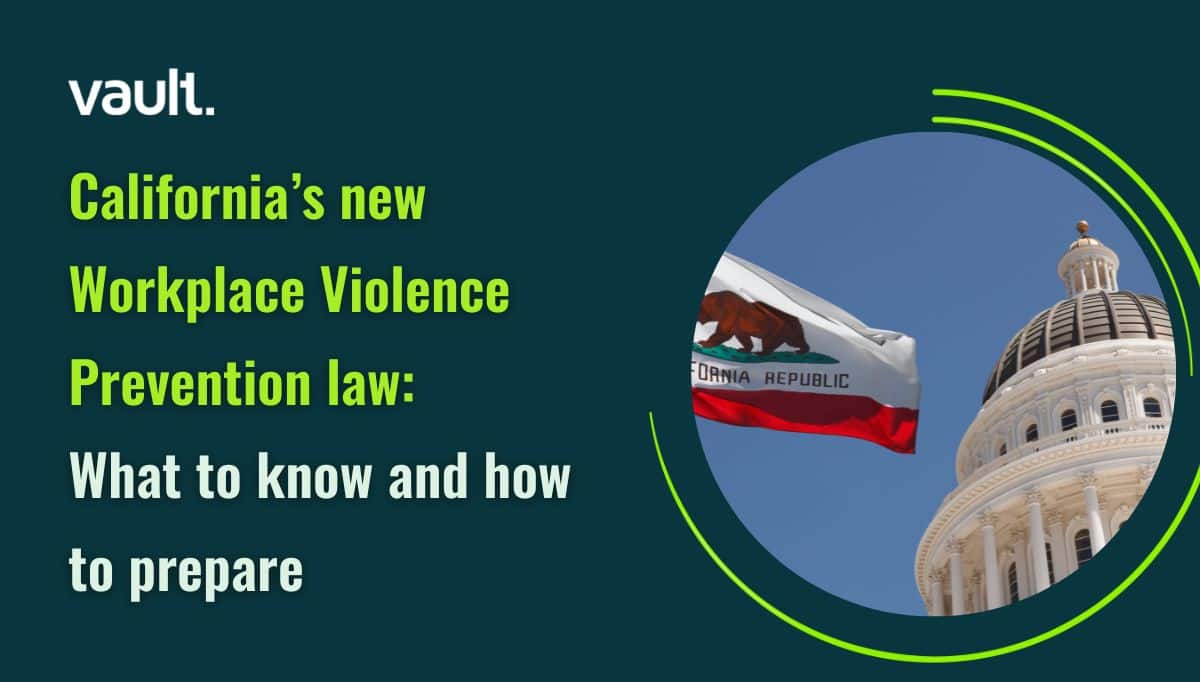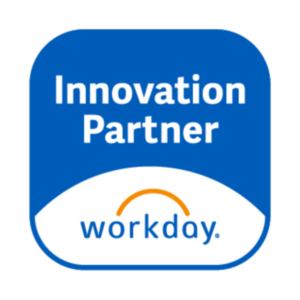News breaking over the weekend has put the widespread use of NDAs (Nondisclosure Agreements) to silence complaints of sexual harassment back in the spotlight.
In a statement released Friday afternoon, Michael Bloomberg, the former mayor of New York and presidential hopeful, said officials at his law firm Bloomberg L.P. had identified three nondisclosure agreements made with women that he would lift.
“I’ve done a lot of reflecting on this issue over the past few days and I’ve decided that for as long as I’m running the company, we won’t offer confidentiality agreements to resolve claims of sexual harassment or misconduct going forward,” Bloomberg said.
It has emerged that dozens of lawsuits have been filed against Bloomberg and his company over the years over claims of a culture of harassment and racism and discrimination in the workplace.
But the recent trend for employee activism is bringing the widespread use of such mechanisms to light. For decades nondisclosure agreements and forced arbitration have cast a shroud of secrecy over interpersonal misconduct and perhaps helped perpetrators remain in positions of power by effectively silencing complaints.
Turning a culture of silence into a culture of speaking-up
On Monday, Harvey Weinstein was found guilty of a felony sex crime and rape after standing trial on several counts of misconduct. Post #MeToo it emerged that the Weinstein Company’s habitual use of nondisclosure agreements to keep allegations under wraps was far from unusual. This threw a spotlight on the revelation that if organizations can buy employee silence, there is little incentive to improve workplace culture.
Leading brand employers such as Airbnb, Google and Facebook were first to publicly drop the practice and US government reflections on whistleblower legislation are increasingly restricting the benefits of forced arbitration. Meanwhile, in the UK the Government is following suit, but at a distance, giving organizations the opportunity to make their own reevaluations of NDAs. In Europe the EU Whistleblower Protection Directive coming into play in 2021 will require organizations with more than 50 employees to take measures to protect whistleblowers against retaliation by establishing internal confidential reporting channels.
This is exactly where Vault Platform can not only help businesses comply with existing and incoming legislation but can also help mitigate the reputational risk associated with accusations of a cover-up.
Enterprises need to introduce a trusted platform for two-way dialogue between employees and the organization. A place where employees can Speak Up safely and companies can act on employee concerns even if the complainant desires anonymity. But most importantly, a place where this process can be handled internally, so a resolution can be met before incidents hit the headlines.
Download the latest Vault Magazine for more insights into the use of NDAs




